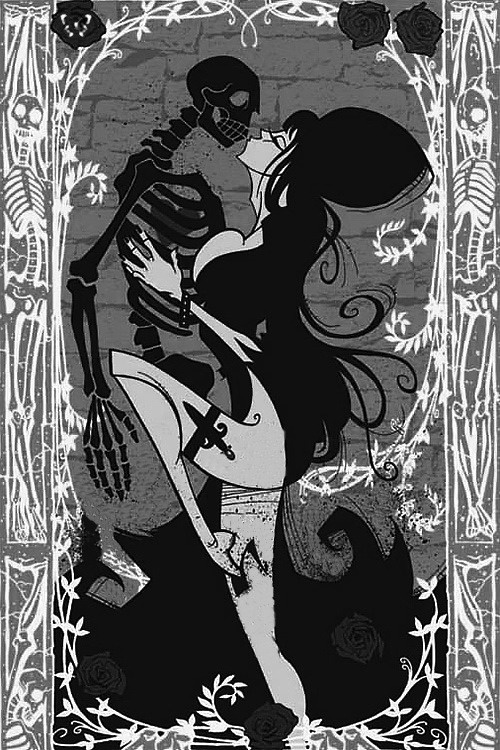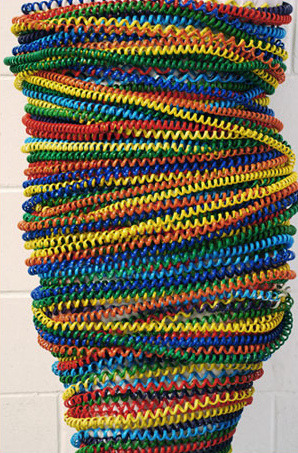While there is no outright mention of a river like in the prior stanza there is a definite evoking of rivers in these lines. However, in this instance the river is all dried up. There is not water, no spring, only rock and mud cracked houses. House no longer viable for living can be implied through the use of mud crack due to the lack of water flowing. This concept of dried up streams and dried up sweat and mountains certainly alludes to the concept of a/the wasteland.
In these lines, every source of water or hydration has dried up such as the "carious teeth that cannot spit" life cannot continue as normal. 
Furthermore, as the mountains remain dry and without life one can imply that they are silent, however, the lines evoke a further eeriness to the drying by stating that the mountains create a "sterile thunder" unwilling to bring about rain and therefore obsolete.
In this reference of the river there is no life, no water to sustain it's existence which contrast the earlier reference to the Thames river which runs, incredibly exhaustive however, as it is been polluted with the waste of the town, another allusion to the wasteland. The river referenced here has been abandoned altogether, not even used for trash. The conflict here truly pushes the idea of the wasteland and even more so with the lack of the actual use of the word "river" in this stanza; as it has disappeared it is no longer referenced. There are other instances throughout the poem that play with the concept of irony especially as dead/alive, for example the opening lines "Lilacs out of the dead land, mixing/Memory and desire, stirring/Dull roots with spring rain./Winter kept us warm, covering/Earth in forgetful snow, feeding" one does not often think that anything can grow out of dead land or bad soil but here in the month of April the lilacs grow regardless. Winter keeping us warm seems like the most bizarre concept but this poem seems speaks to the solitude that comes with winter, the death like feeling in the air. The spring that usually brings back life culturally and biblically has lost its common concept/purpose in this poem right off the bat. Much like the "sterile thunder" how useful can plants and flowers grown from dead land be!

